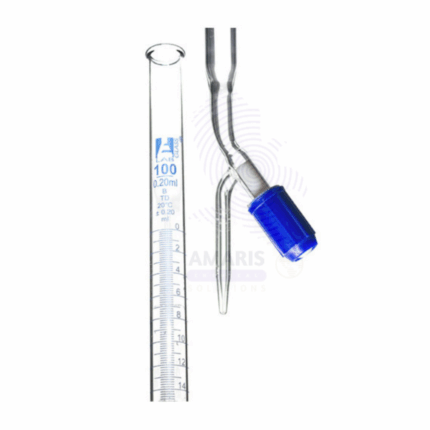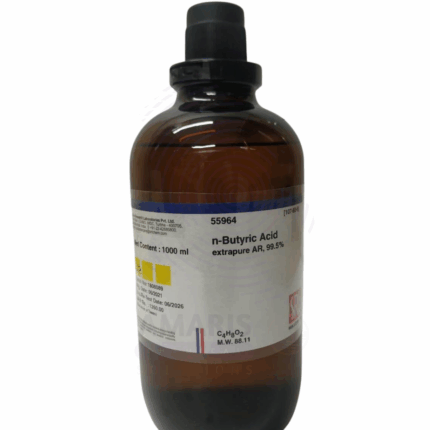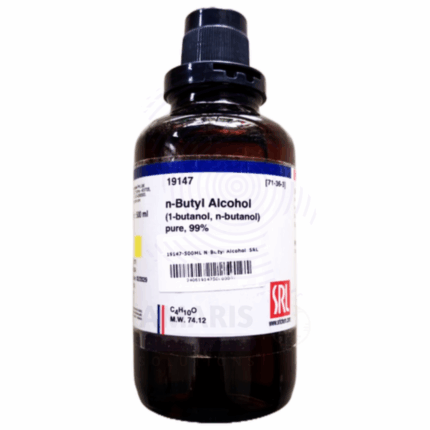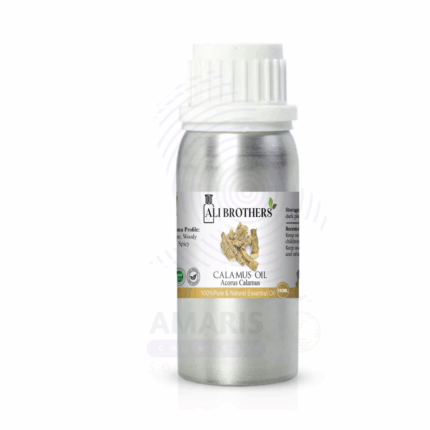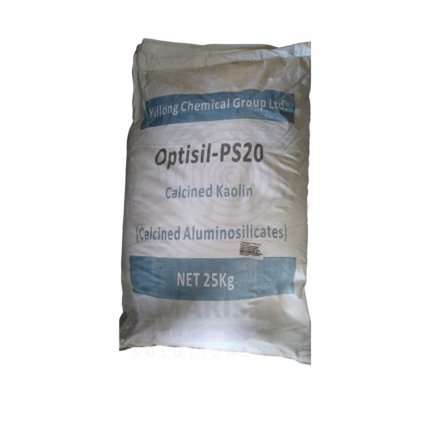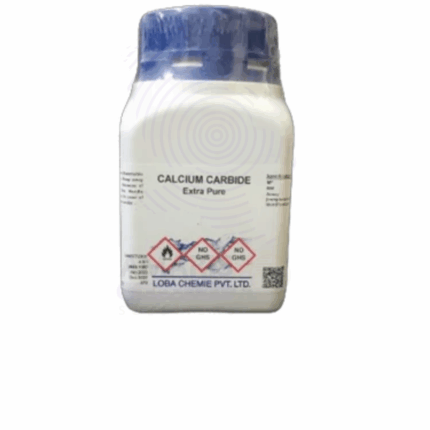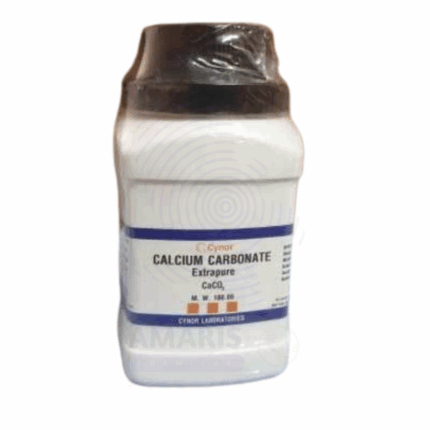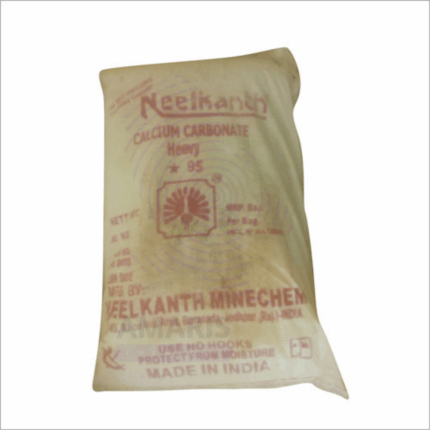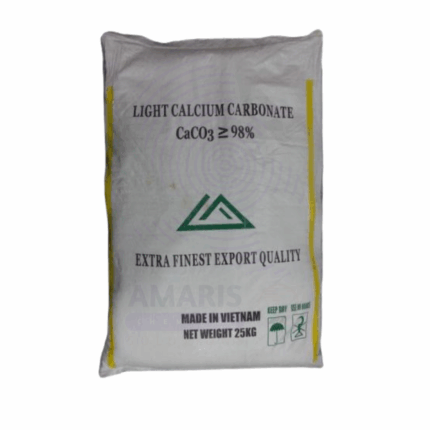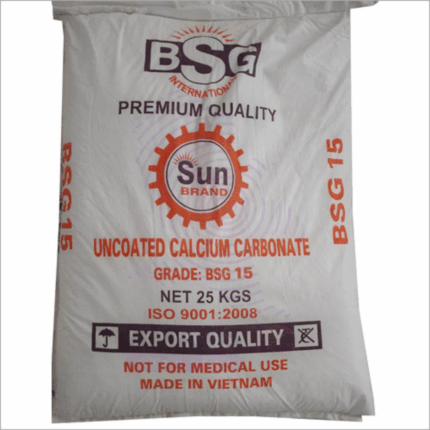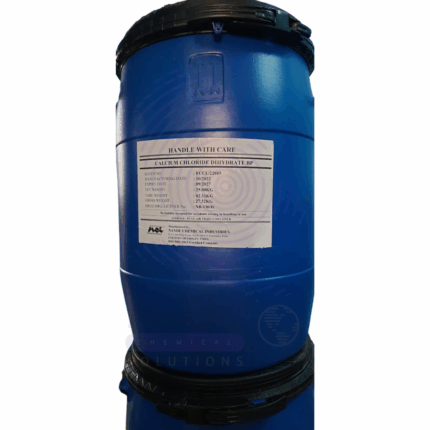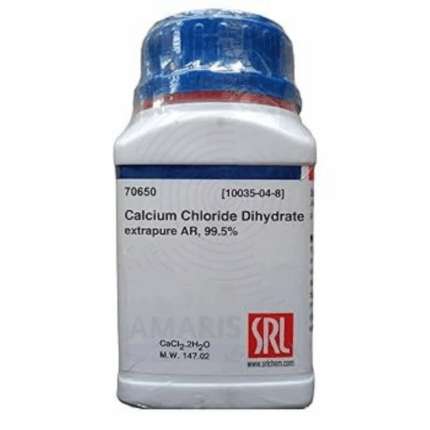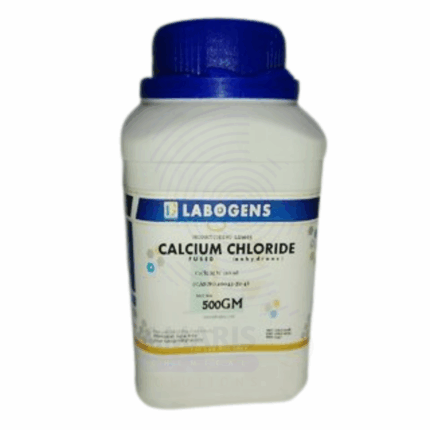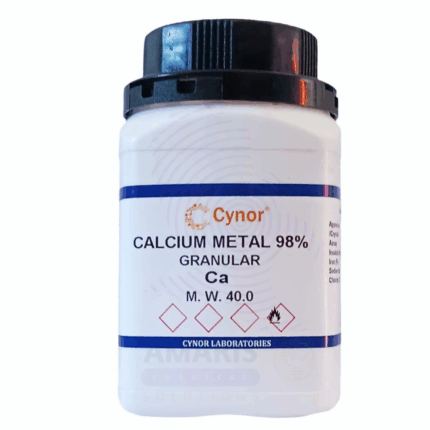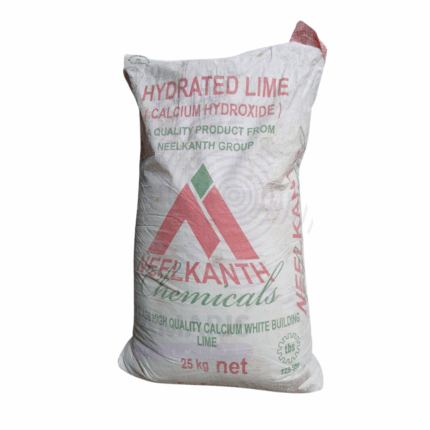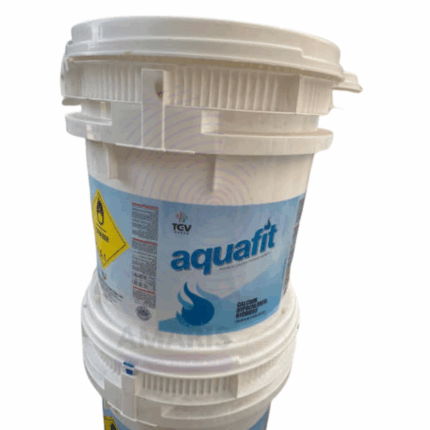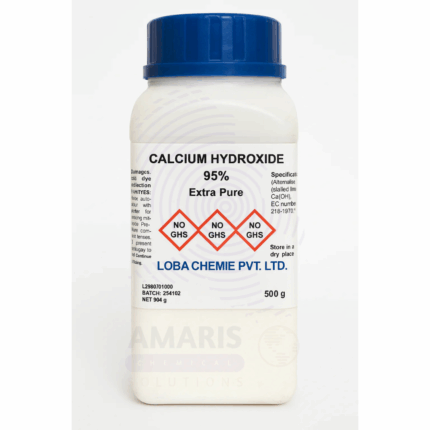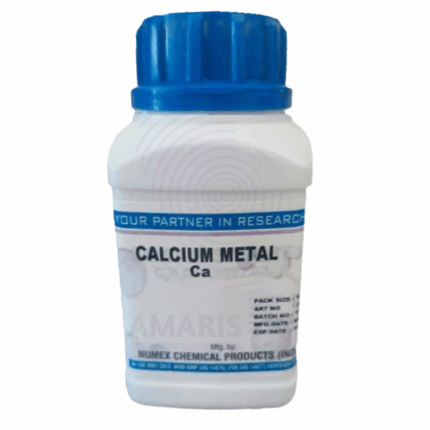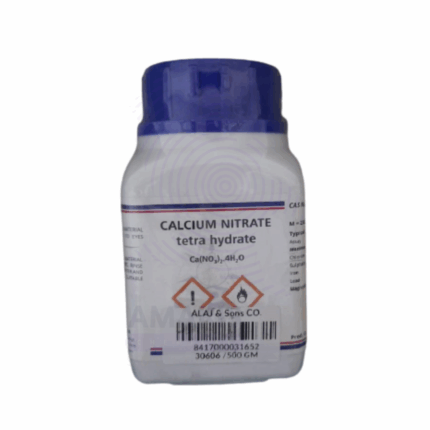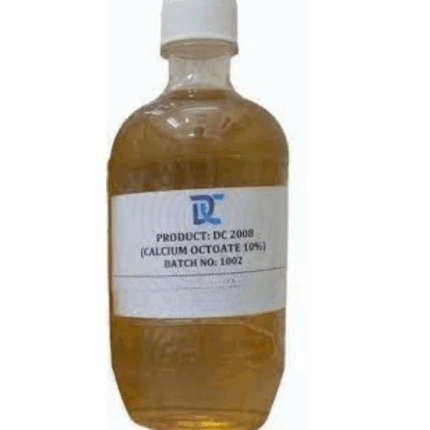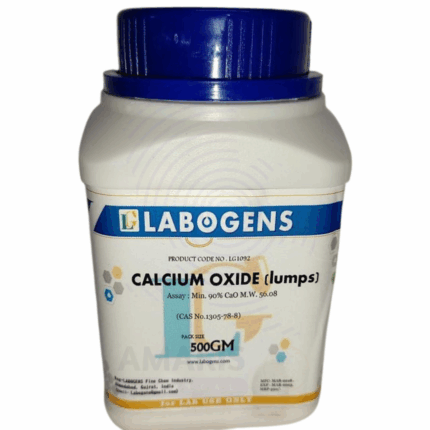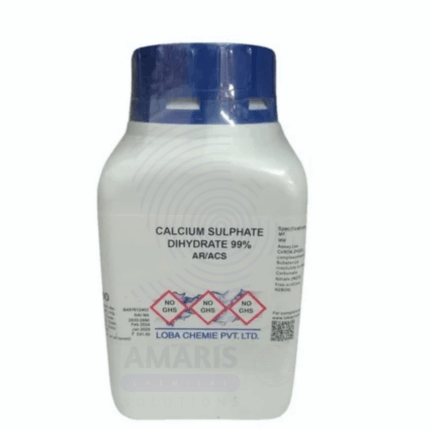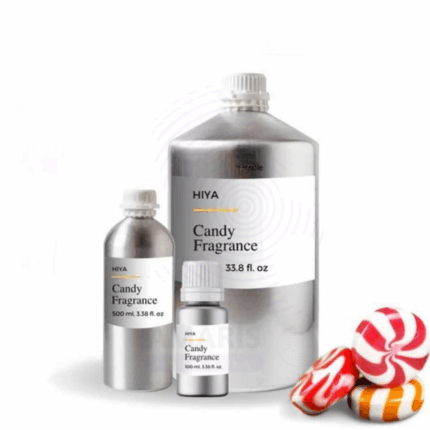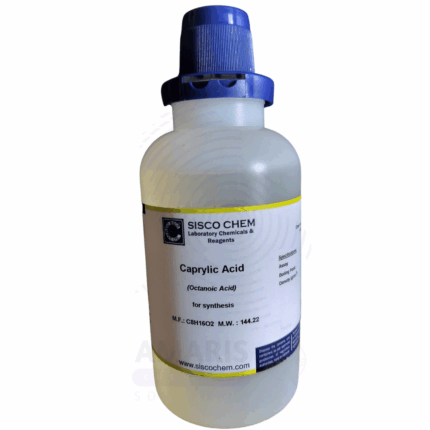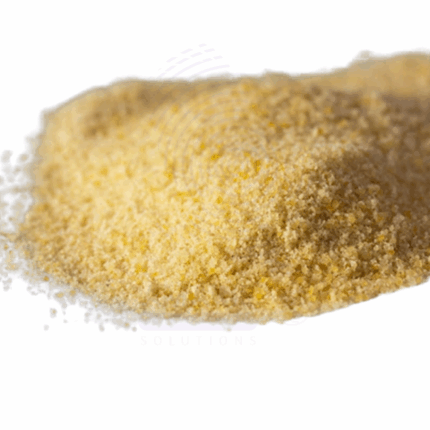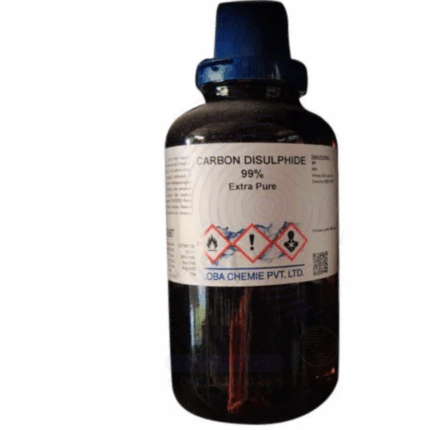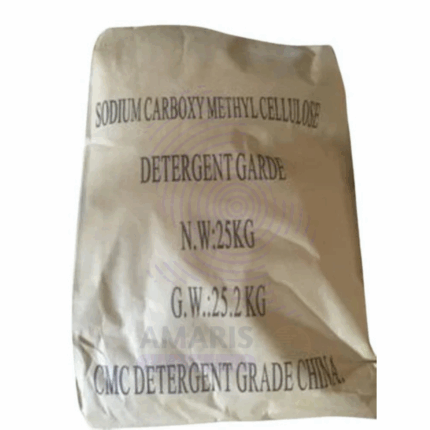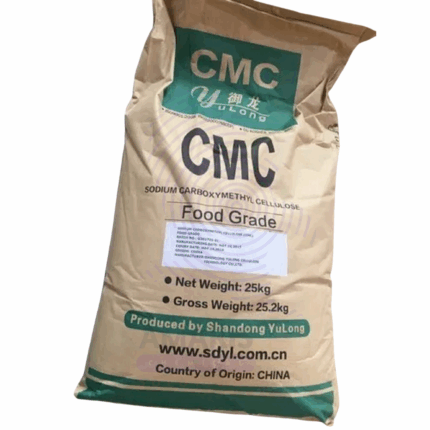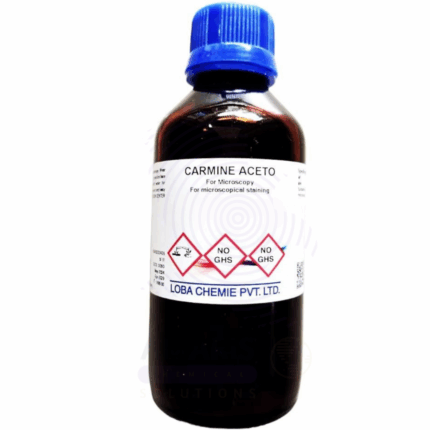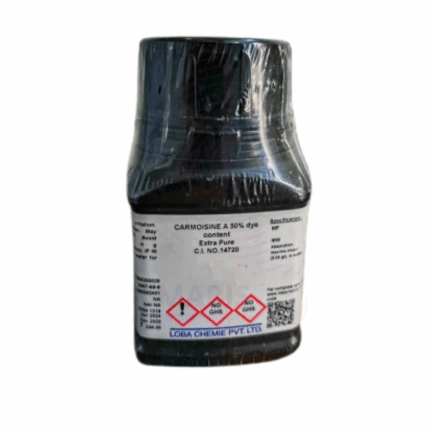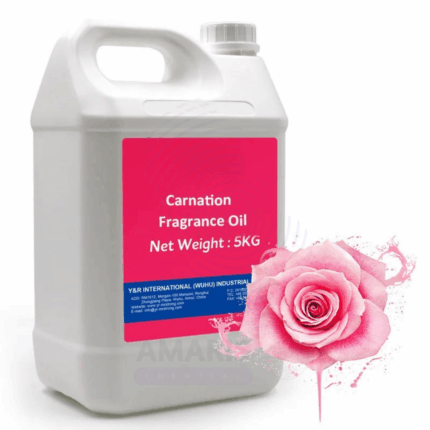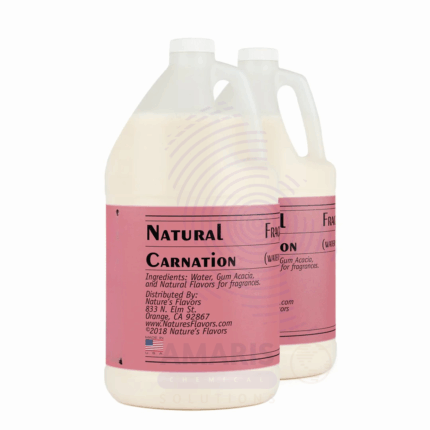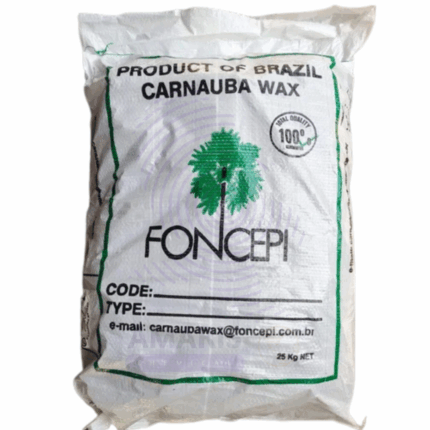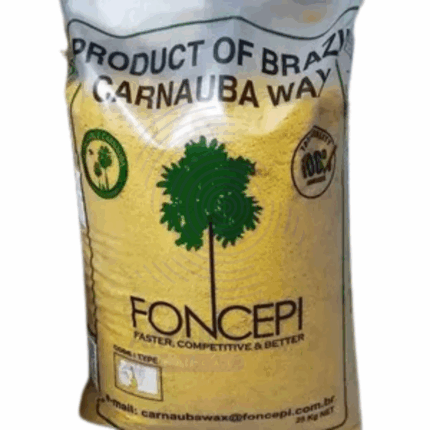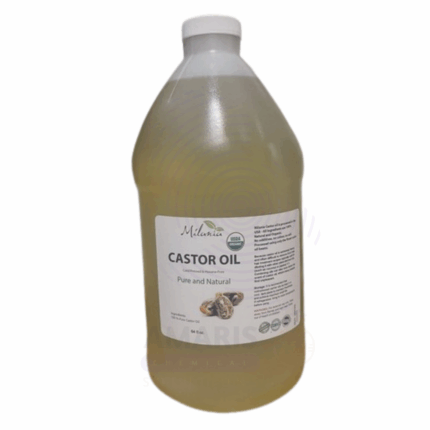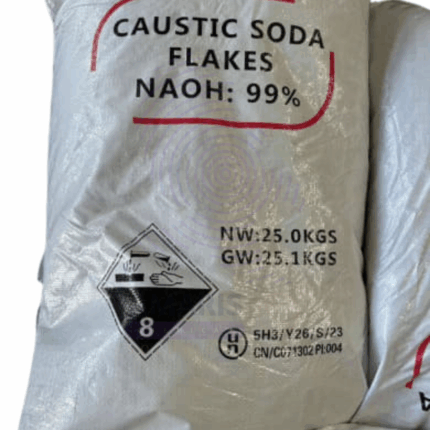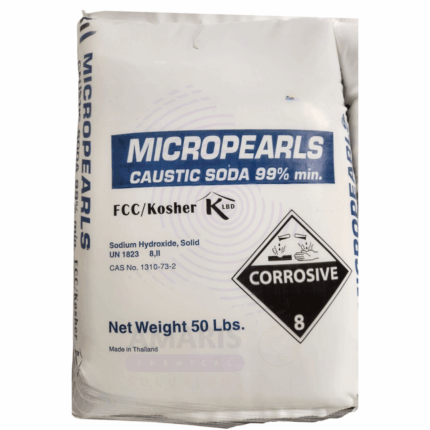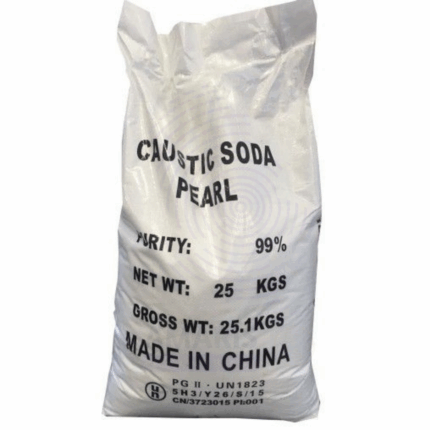
Burette Brush
The Burette Brush is a specialized cleaning tool designed for thorough cleaning of burettes used in laboratories. Featuring a long, flexible handle with dense, soft bristles, it reaches the narrow bore of burettes to remove residues and contaminants effectively. Made with corrosion-resistant materials, the brush ensures durability and compatibility with various cleaning agents, maintaining the accuracy and longevity of laboratory volumetric glassware.
Burette Clamp
The Burette Clamp is a laboratory apparatus designed to securely hold burettes in place during titration and other volumetric procedures. Made from durable materials such as metal with rubber or plastic-coated grips, it ensures stability and prevents slippage or breakage. The clamp typically attaches to a retort stand or support rod, allowing hands-free operation and precise liquid dispensing.
Burette Inch Clip
The Burette Inch Clip is a small, precise laboratory accessory designed to secure a burette at specific graduated markings ("inches" or volume levels) during titration or liquid dispensing. Typically made of durable plastic or metal, the clip prevents unwanted movement of the liquid level, allowing for more accurate and consistent readings. It is easily attachable and adjustable to fit standard burettes.
Burette Plastic Stop Cork
The Burette Plastic Stop Cork is a durable, chemical-resistant stopper designed to securely seal the outlet of a burette during liquid dispensing and titration processes. Made from high-quality plastic, it provides a reliable seal to prevent leaks and ensure controlled flow of liquids. Its ergonomic design allows easy operation and replacement in laboratory settings, maintaining precision and safety during volumetric analysis.
Burette PTFE
The Burette PTFE is a high-quality laboratory burette constructed with a polytetrafluoroethylene (PTFE) stopcock and nozzle, providing excellent chemical resistance and durability. Known for its non-reactive and non-stick properties, PTFE ensures smooth and precise flow control during titration and other volumetric analyses. This burette is ideal for handling corrosive and aggressive chemicals, maintaining accuracy and reliability in laboratory measurements.
Burette rotaflow
Product Description
The Burette RotaFlow is a precision laboratory instrument designed for controlled and accurate dispensing of liquids during titration. Featuring a rotatable valve mechanism, it allows smooth flow adjustment and easy operation. Constructed from high-quality borosilicate glass with chemically resistant components, this burette ensures durability and precision, suitable for a wide range of laboratory applications involving acids, bases, and other reagents.
Burette Stop cork
Product Description
The Burette Stop Cork is a laboratory accessory designed to securely seal the open end of a burette, preventing liquid leakage and contamination during titration and other laboratory procedures. Made from high-quality, chemical-resistant cork or synthetic materials like rubber or silicone, it offers a snug fit for various burette sizes. The stop cork ensures controlled flow and precise measurement by allowing easy manipulation of the burette’s liquid contents.
Butanoic Acid Extra Pure
Butanoic Acid Extra Pure, also known as butyric acid, is a high-purity carboxylic acid used in laboratory research for organic synthesis, esterification studies, and biochemical analysis. It serves as a building block in the preparation of esters, polymers, and pharmaceuticals, and is also studied for its role in metabolic and microbial pathways. With its strong, characteristic odor and reactive carboxyl group, it is valuable in reaction mechanism investigations and as a standard in acid-base titrations. The extra pure grade ensures low levels of moisture and contaminants, offering consistent performance in sensitive experiments. It should be handled in well-ventilated areas and stored in tightly sealed containers, away from heat and oxidizing agents.
Butanol Extra Pure
Butanol Extra Pure is a high-purity aliphatic alcohol commonly used in laboratory environments as a solvent, reagent, and intermediate in organic synthesis. Its moderate polarity and ability to dissolve a wide range of compounds make it ideal for use in extractions, chromatography, and spectrophotometric analysis. It also serves as a starting material for producing esters, plasticizers, and pharmaceuticals. The 99.4% purity ensures minimal water and impurity content, providing reliable consistency in sensitive procedures. With a relatively low evaporation rate and good miscibility with many organic solvents, it is suitable for both preparative and analytical applications. Proper storage in a cool, ventilated area in tightly sealed containers is essential to preserve its quality and reduce volatility.
Calamus Oil Extra Pure
Calamus Oil Extra Pure is a high-purity essential oil extracted from the roots of Acorus calamus, valued in laboratory research for its complex composition of aromatic compounds, including asarone and other volatile constituents. In scientific studies, it is often used for phytochemical analysis, antimicrobial testing, and natural product chemistry. Researchers explore its potential bioactive properties, such as antioxidant, neuroprotective, and insecticidal effects. The extra pure grade ensures high consistency, low residue, and minimal contamination, making it suitable for analytical applications. It should be stored in amber glass containers, away from light and heat, to preserve its stability and aromatic integrity.
Calcined Kaolin
Calcined Kaolin is a fine, white to off-white powder produced by heating natural kaolin clay to high temperatures (typically between 600°C and 900°C) in a controlled process called calcination. This thermal treatment removes chemically bound water, changes the crystalline structure, and enhances the physical and chemical properties of kaolin. The resulting product exhibits increased brightness, hardness, and opacity, making it highly valuable as a functional additive and filler in numerous industrial applications. Calcined Kaolin is widely used in coatings, ceramics, plastics, rubber, paper, and paint industries to improve durability, brightness, and performance.
Calcium Carbide Extra Pure
Calcium Carbide Extra Pure is a high-purity inorganic compound primarily used in laboratories for the generation of acetylene gas through hydrolysis, making it valuable for gas evolution experiments and flame tests. It is also utilized in organic synthesis reactions where acetylene is required as a precursor. The extra pure grade ensures minimal impurities, which is essential for consistent reaction performance and accuracy in analytical or instructional settings. Due to its high reactivity with water and release of flammable gases, it must be handled with care under dry conditions and stored in tightly sealed, moisture-resistant containers away from heat sources.
Calcium Carbonate Extra Pure
Calcium Carbonate Extra Pure is a high-purity, fine white powder widely used in laboratory settings as a buffering agent, a source of calcium ions, and a standard for acid-base titrations. It plays a key role in chemical analysis, gravimetric studies, and as a neutralizing agent in various reactions. In educational and research laboratories, it is also used to demonstrate decomposition reactions upon heating, releasing carbon dioxide and forming calcium oxide. The extra pure grade guarantees minimal impurities, making it suitable for precise analytical applications. It should be stored in tightly sealed containers in a dry environment to maintain its stability and reactivity.
Calcium Carbonate Heavy
Calcium Carbonate Heavy is a high-density, finely ground, natural mineral primarily composed of calcium carbonate (CaCO₃). Known for its higher bulk density compared to regular grades, this filler is widely used in applications requiring enhanced weight, opacity, and strength. It is commonly employed as a functional filler and extender in industries such as plastics, paints, coatings, adhesives, rubber, paper, and construction materials. Its inert nature, whiteness, and particle size distribution make it suitable for improving mechanical properties and surface finish, while also offering cost efficiency by replacing more expensive raw materials.
Calcium Carbonate Light
Calcium Carbonate Light is a finely ground, low bulk density natural mineral composed primarily of calcium carbonate (CaCO₃). Compared to standard grades, it has a lower density and larger particle size distribution, making it suitable for applications where light weight and high brightness are important. This form is extensively used as a filler and extender in industries such as plastics, paints, rubber, paper, adhesives, and construction materials to improve opacity, brightness, and texture, while maintaining low weight and cost efficiency. Its chemical inertness and whiteness provide functional and aesthetic advantages across formulations.
Calcium Carbonate Uncoated
Calcium Carbonate Uncoated is a naturally occurring mineral compound composed primarily of calcium, carbon, and oxygen with the chemical formula CaCO₃. It appears as a fine white powder or granules, widely used as a filler, pigment, and functional additive across various industries. The uncoated form means the calcium carbonate particles are not surface-treated, retaining their natural properties. It is valued for its high brightness, whiteness, and excellent compressibility. Uncoated calcium carbonate is used to enhance opacity, improve processing, and reduce costs in plastics, paints, coatings, adhesives, rubber, paper, and construction materials.
Calcium Chloride Dihydrate
Calcium Chloride Dihydrate (CaCl₂·2H₂O) is a hydrated form of calcium chloride, appearing as white crystalline granules or flakes containing two molecules of water of crystallization. It is highly soluble in water and exhibits strong hygroscopic and deliquescent properties. This compound is widely used in industrial, pharmaceutical, food, and agricultural sectors due to its moisture absorption, de-icing, dust control, and calcium supplementation capabilities. Compared to anhydrous calcium chloride, the dihydrate form has lower hygroscopicity but is easier to handle and store.
Calcium Chloride Dihydrate Extra Pure
Calcium Chloride Dihydrate Extra Pure is a high-purity, white crystalline compound with the chemical formula CaCl₂·2H₂O. It is highly soluble in water and hygroscopic, making it effective as a drying agent, desiccant, and moisture absorber. This extra pure grade is suitable for laboratory use, analytical applications, and precise chemical processes where high-quality reagents are essential. It is also used in buffer solutions, preparation of calcium salts, and various industrial and environmental applications requiring controlled calcium ion concentrations.
Calcium Chloride Extra Pure
Calcium Chloride Extra Pure is a highly pure, hygroscopic compound widely used in laboratory applications as a desiccant, electrolyte source, and reagent in analytical chemistry. It is effective in moisture control, gas drying, and as a coagulant in biological and biochemical processes. Its strong affinity for water also makes it valuable in experiments involving freezing point depression, exothermic dissolution, and ionic reactions. The extra pure grade ensures minimal impurities, which is critical for accuracy in quantitative analysis, buffer preparation, and synthesis. It should be stored in well-sealed containers in a dry environment to prevent clumping and preserve its chemical performance.
Calcium Hydroxide Hydrated Lime
Calcium Hydroxide Hydrated Lime, commonly known as Hydrated Lime or Slaked Lime, is an inorganic compound with the chemical formula Ca(OH)₂. It appears as a white, odorless, powder or crystalline solid. It is produced by treating quicklime (calcium oxide) with water in a process called slaking. Calcium Hydroxide is moderately soluble in water, forming a strongly alkaline solution known as limewater. It is widely used in construction, environmental, chemical, agricultural, and water treatment applications due to its caustic, neutralizing, and flocculating properties.
Calcium Hypochlorite Chlorine
Calcium Hypochlorite Chlorine is a white to slightly yellow crystalline powder or granules known for its strong oxidizing and disinfectant properties. The 65% grade indicates the available chlorine content, making it a powerful bleaching, sanitizing, and oxidizing agent. It is commonly used for water treatment, sanitation, and as a bleaching agent in industrial and household applications. Calcium Hypochlorite dissolves in water to release hypochlorous acid, which effectively kills bacteria, viruses, and fungi.
Calcium Hyroxide Extra Pure
Calcium Hyroxide Extra Pure is a finely powdered, high-purity inorganic compound commonly used in laboratories as a strong base, pH adjuster, and reagent in qualitative and quantitative analysis. It is widely employed in acid-base titrations, preparation of limewater for carbon dioxide detection, and precipitation reactions involving metal ions. Its strong alkalinity also makes it useful in studying saponification, neutralization, and hydration processes. The extra pure grade ensures minimal impurities, making it suitable for sensitive analytical procedures and educational demonstrations. It should be stored in tightly sealed containers to prevent carbonation and moisture absorption, which can affect its chemical properties.
Calcium Nitrate Tetrahydrate Extra Pure
Calcium Nitrate Tetrahydrate Extra Pure is a crystalline, highly soluble laboratory-grade compound widely used as a source of calcium ions in analytical chemistry, solution preparation, and coordination studies. Its tetravalent hydrate form allows for controlled moisture content, making it ideal for reproducible experimental setups. This salt is frequently employed in qualitative tests for fluoride and carbonate ions, and in synthesis involving double displacement reactions. In teaching laboratories, it is also used to demonstrate solubility principles and endothermic dissolution behavior. The extra pure quality ensures minimal interference from contaminants, supporting high-precision research and reliable analytical results. It should be stored in a cool, dry environment to prevent caking and preserve its reactivity.
Calcium Oxide lumps Extra Pure
Calcium Oxide lumps Extra Pure is a high-purity, white to grayish solid commonly known as quicklime, widely used in laboratory settings for its strong basic and dehydrating properties. In analytical and preparative chemistry, it is utilized for drying organic solvents and gases, preparing calcium hydroxide solutions, and studying exothermic hydration reactions. Its reactive nature with water makes it ideal for demonstrations of heat evolution and chemical changes. The lump form provides a slower, controlled reactivity, especially useful in large-scale or prolonged experiments. The extra pure grade ensures consistent composition with minimal impurities, essential for precise scientific applications. It must be stored in airtight containers to prevent reaction with atmospheric moisture and carbon dioxide.
Calcium Sulphate Dihydrate Extra Pure
Calcium Sulphate Dihydrate Extra Pure is a high-purity, white crystalline compound commonly used in laboratory settings for controlled experiments involving hydration and crystallization. Also known as gypsum, it serves as a reliable source of calcium and sulfate ions in analytical chemistry and is often used in preparing culture media, setting-time studies, and thermogravimetric analysis. Its stable dihydrate form makes it ideal for demonstrating water crystallization and thermal decomposition when converted to hemihydrate or anhydrous forms. The extra pure grade guarantees minimal impurities, ensuring accuracy in sensitive applications. It should be stored in a cool, dry place to maintain its hydration state and analytical integrity.
Camphor White Oil
Camphor White Oil is a steam-distilled essential oil obtained from the wood of the Camphor tree (Cinnamomum camphora), primarily from the white fraction, which is rich in 1,8-cineole, camphor, and linalool. This fraction is the most commonly used in aromatherapy and topical preparations due to its potent but relatively balanced composition compared to brown or yellow fractions. The oil has a sharp, penetrating aroma with a cooling, medicinal character.
Traditionally used in topical pain relief, respiratory care, and soothing balms, Camphor White Oil is known for its anti-inflammatory, decongestant, antiseptic, and stimulating effects. It is widely used in cosmetics, personal care, pharmaceuticals, and aromatherapy formulations.
Candy Crush Fragrance Oil
Candy Crush Fragrance Oil is a sweet, gourmand fragrance that captures the irresistible aroma of sugary candy with hints of fruitiness and vanilla undertones. This oil-soluble fragrance is crafted to provide a warm, inviting scent that enhances various personal care and cosmetic products. Known for its excellent stability and strong sillage, Candu Crush is ideal for use in products where a rich, sweet aroma is desired, such as candles, lotions, soaps, and bath essentials.
Caprylic/Capric Acid Extra Pure
Caprylic/Capric Acid Extra Pure is a high-purity blend of medium-chain saturated fatty acids—primarily octanoic (caprylic) and decanoic (capric) acids—used in laboratory environments for studying lipid chemistry, esterification, and antimicrobial properties. Its dual-chain composition makes it valuable for investigating emulsion systems, fatty acid metabolism, and as a reference standard in chromatographic analysis. This acid mixture is also employed in the synthesis of esters, surfactants, and as a model compound in solubility and partition coefficient experiments. The extra pure grade ensures minimal contamination, supporting consistent and accurate results in biochemical and organic chemistry applications. It should be stored in a cool, dry place in tightly sealed containers to maintain stability and prevent oxidation.
Caramel Powder Flavor
Caramel Powder Flavor is a highly concentrated powdered flavoring agent designed to impart the rich, sweet, and buttery aroma and taste of caramel to a wide range of products. Produced through controlled caramelization of sugars and natural extracts, this flavor powder delivers authentic caramel notes without artificial additives. Its fine powder form ensures easy blending, precise dosing, and extended shelf life. Commonly used in food and beverage manufacturing, it enhances sensory appeal in bakery products, confectionery, dairy items, and beverages. Its versatility also makes it suitable for flavoring applications in personal care and cleaning products.
Carbon Disulfide Extra Pure
Carbon Disulfide Extra Pure is a volatile, colorless to pale yellow liquid with a strong, characteristic odor, valued in laboratory settings for its high purity and solvency power. Commonly used as a non-polar solvent, it is ideal for dissolving sulfur, fats, resins, and phosphorus in analytical and synthetic chemistry. Its role extends to studying reaction kinetics, extraction processes, and as a reagent in organic synthesis involving thiocarbonyl compounds. Due to its low flash point and high volatility, it is also utilized in vapor pressure and flammability studies. The 99% extra pure grade ensures minimal impurities, critical for sensitive applications. It must be handled in a well-ventilated fume hood and stored away from heat, sparks, and oxidizing agents.
Carboxymethyl Cellulose Detergent Grade
Carboxymethyl Cellulose Detergent Grade is a water-soluble cellulose derivative produced by the etherification of cellulose with monochloroacetic acid. It is a fine, white to off-white powder with excellent thickening, stabilizing, and water retention properties. The detergent grade of CMC is specifically tailored to meet the requirements of laundry and cleaning formulations, offering superior dispersing and anti-redeposition performance. It is biodegradable, non-toxic, and widely used as a functional additive to enhance cleaning efficiency and fabric care in detergent products. Its excellent compatibility with surfactants and enzymes makes it an essential ingredient in both powder and liquid detergents.
Carboxymethyl Cellulose Food Grade
Carboxymethyl Cellulose Food Grade is a water-soluble cellulose derivative produced by the etherification of cellulose with monochloroacetic acid. It appears as a fine, white to off-white powder with excellent thickening, stabilizing, and water retention properties. Designed specifically for food applications, this grade complies with food safety regulations and is widely used as a texture modifier, stabilizer, and emulsifier in a variety of processed foods. It enhances product consistency, extends shelf life, and improves moisture retention without altering taste or odor. Being non-toxic, biodegradable, and non-caloric, it is considered safe for human consumption and is approved as a food additive in many countries.
Carmine Aceto Extra Pure
Carmine Aceto Extra Pure is a high-purity, bright red dye derived from carminic acid, used extensively in laboratory applications involving histological staining, pH indicators, and biochemical assays. Known for its strong color stability in acidic environments, it is especially valuable in microscopy for highlighting cell structures and tissue components. Its precise formulation makes it suitable for use in analytical techniques requiring consistent coloration and minimal contamination. The extra pure grade ensures superior quality and reproducibility in experimental conditions. It should be stored in a cool, dry place, protected from direct light and moisture to preserve its dyeing efficacy and stability.
Carmoisine Red Extra Pure
Carmoisine Red Extra Pure is a high-purity synthetic azo dye widely used in laboratory settings for analytical and diagnostic applications, especially in colorimetric assays, pH studies, and chromatographic analysis. Known for its vibrant red hue and excellent solubility in water, it provides consistent and stable coloration under controlled conditions. In biochemical and pharmaceutical research, it serves as a model compound for dye interaction studies and compound tracing. The extra pure grade ensures low levels of impurities, offering high reliability in sensitive experimental work. It should be handled with care, stored in a cool, dry area, and protected from light to maintain its structural and color integrity.
Carnation Fragrance Oil
Carnation Fragrance Oil is a premium-quality aromatic oil that captures the delicate, sweet, and floral scent of fresh carnation blossoms. Renowned for its rich, rosy fragrance with subtle spicy undertones, this fragrance oil is ideal for use in perfumes, personal care products, and home fragrances. Its excellent solubility and long-lasting aroma make it a preferred choice for creating elegant and refreshing scent profiles in a variety of applications.
Carnation Fragrance Water Soluble
Carnation Fragrance Water Soluble is a delicately formulated aromatic blend that captures the spicy-floral essence of carnation petals in a water-compatible form. This fragrance is designed to dissolve completely in water-based systems without clouding or separation, making it ideal for use in a variety of personal care, household, and specialty applications. Its classic floral character imparts a soft, comforting scent, perfect for enhancing the sensory appeal of creams, sprays, cleansers, and other aqueous formulations. Known for its elegance and freshness, Carnation Fragrance adds a timeless aroma profile to any product.
Carnauba Wax
Carnauba Wax is a natural vegetable wax obtained from the leaves of the Copernicia prunifera palm tree, native to northeastern Brazil. It appears as a hard, brittle, yellow to brownish-yellow wax with a faint, characteristic odor. Known as the “queen of waxes,” Carnauba Wax is prized for its exceptionally high melting point, glossy finish, and excellent hardness. It is a premium wax widely used in cosmetics, food, pharmaceuticals, automotive, and industrial applications as a natural, biodegradable alternative to synthetic waxes. Its film-forming, emulsifying, and protective properties make it highly versatile for use in coatings, polishes, and skincare products.
Carnauba Wax Prime Yellow
Carnauba Wax Prime Yellow is a premium grade of natural vegetable wax derived from the leaves of the Copernicia prunifera palm tree, predominantly found in northeastern Brazil. This wax is characterized by its bright yellow color and superior purity, making it highly valued in high-end applications. It features a hard, brittle texture with a high melting point (82–86°C) and a mild, characteristic odor. Carnauba Wax Prime Yellow offers excellent gloss, durability, and water resistance. Its natural origin, combined with exceptional film-forming and emulsifying properties, makes it a preferred choice in cosmetics, food glazing, pharmaceuticals, automotive waxes, and industrial coatings where quality and performance are paramount.
Castor Oil Food Grade
Castor Oil Food Grade is a pale yellow, viscous vegetable oil derived by cold pressing the seeds of the Ricinus communis plant. Known for its high content of ricinoleic acid, it has a mild flavor and is widely used in the food, pharmaceutical, and nutraceutical industries. As a food-grade oil, it is purified to meet strict quality and safety standards. It serves both as a laxative agent and a food additive, often used in flavor carriers, coatings, and processing aids. The oil’s high stability and low moisture content also make it suitable for specialty industrial applications in food-safe environments.
Castor Oil virgin
Castor Oil virgin is a pale yellow vegetable oil obtained through cold-pressing the seeds of the Ricinus communis plant. This method preserves its natural composition of ricinoleic acid, vitamins, and minerals. Known for its thick viscosity and mild, characteristic odor, it is a versatile oil with excellent moisturizing, lubricating, and therapeutic properties. It is widely used in cosmetics, pharmaceuticals, and industrial applications due to its unique chemical structure and beneficial effects.
Cathode ray oscilloscope
Cartesian Divers are simple physics demonstration devices used to illustrate principles of buoyancy, pressure, and gas laws. Typically consisting of small, sealed, air-filled capsules submerged in water within a sealed container, these divers rise and sink in response to changes in external pressure. Widely used in educational laboratories for teaching fluid mechanics and gas behavior, Cartesian Divers provide hands-on visualization of fundamental scientific concepts.
Caustic Soda Flakes
Caustic Soda Flakes, also known as Sodium Hydroxide Flakes (NaOH), are a highly alkaline, white, solid substance that is crystalline and flaky in form. Produced by evaporating aqueous sodium hydroxide solutions, these flakes are highly soluble in water and exhibit strong corrosive properties. Caustic Soda Flakes are widely used in a variety of industrial, chemical, and manufacturing processes due to their strong alkalinity, ability to saponify fats, and effectiveness in pH adjustment. Their high purity and ease of handling in flake form make them suitable for use in chemical synthesis, pulp and paper production, water treatment, and detergent manufacturing.
Caustic Soda Micropearls
Caustic Soda Micropearls are small, spherical, solid particles of sodium hydroxide (NaOH) produced through specialized prilling or pelletizing techniques. They offer excellent flowability, high purity, and uniform size distribution, making them ideal for precise dosing and handling in industrial and chemical processes. The micropearls form is preferred in applications where dust control, ease of transport, and controlled dissolution rates are critical. Caustic Soda Micropearls exhibit strong alkalinity, are highly soluble in water with an exothermic reaction, and are widely used across many sectors including chemical manufacturing, water treatment, pulp and paper processing, and detergent production.
Caustic Soda Pearls
Caustic Soda Pearls are small, solid, spherical particles of sodium hydroxide (NaOH) produced by a controlled cooling and solidification process. These pearls offer superior flowability, uniform size distribution, and reduced dust generation compared to flake or powder forms. They are highly soluble in water, exhibiting a strong alkaline nature with vigorous exothermic dissolution. Caustic Soda Pearls are widely used across industries including chemical manufacturing, water treatment, pulp and paper processing, and detergents due to their purity, ease of handling, and efficient dissolution characteristics.


 Preservatives(food)
Preservatives(food) Flavor Enhancers
Flavor Enhancers Acidulants
Acidulants Sweeteners
Sweeteners Antioxidants
Antioxidants Colorants(food)
Colorants(food) Nutraceutical Ingredients (food)
Nutraceutical Ingredients (food) Nutrient Supplements
Nutrient Supplements Emulsifiers
Emulsifiers
 Collectors
Collectors Dust Suppressants
Dust Suppressants Explosives and Blasting Agents
Explosives and Blasting Agents Flocculants and Coagulants
Flocculants and Coagulants Frothers
Frothers Leaching Agents
Leaching Agents pH Modifiers
pH Modifiers Precious Metal Extraction Agents
Precious Metal Extraction Agents
 Antioxidants(plastic)
Antioxidants(plastic) Colorants (Pigments, Dyes)
Colorants (Pigments, Dyes) Fillers and Reinforcements
Fillers and Reinforcements Flame Retardants
Flame Retardants Monomers
Monomers Plasticizers
Plasticizers Polymerization Initiators
Polymerization Initiators Stabilizers (UV, Heat)
Stabilizers (UV, Heat)
 Antifoaming Agents
Antifoaming Agents Chelating Agents
Chelating Agents Coagulants and Flocculants
Coagulants and Flocculants Corrosion Inhibitors
Corrosion Inhibitors Disinfectants and Biocides
Disinfectants and Biocides Oxidizing Agents
Oxidizing Agents pH Adjusters
pH Adjusters Scale Inhibitors( water)
Scale Inhibitors( water)
 Antioxidants(cosmetic)
Antioxidants(cosmetic) Emollients
Emollients Fragrances and Essential Oils
Fragrances and Essential Oils Humectants
Humectants Preservatives
Preservatives Surfactants(cosmetic)
Surfactants(cosmetic) Thickeners
Thickeners UV Filters
UV Filters
 Fertilizers
Fertilizers Soil Conditioners
Soil Conditioners Plant Growth Regulators
Plant Growth Regulators Animal Feed Additives
Animal Feed Additives Biostimulants
Biostimulants Pesticides (Herbicides, Insecticides, Fungicides)
Pesticides (Herbicides, Insecticides, Fungicides)
 Active Pharmaceutical Ingredients (APIs)
Active Pharmaceutical Ingredients (APIs) Excipients
Excipients Solvents(pharmaceutical)
Solvents(pharmaceutical) Antibiotics
Antibiotics Antiseptics and Disinfectants
Antiseptics and Disinfectants Vaccine Adjuvants
Vaccine Adjuvants Nutraceutical Ingredients (pharmaceutical)
Nutraceutical Ingredients (pharmaceutical) Analgesics & Antipyretics
Analgesics & Antipyretics
 Analytical Reagents
Analytical Reagents Solvents(lab)
Solvents(lab) Chromatography Chemicals
Chromatography Chemicals Spectroscopy Reagents
Spectroscopy Reagents microbiology-and-cell-culture-reagents
microbiology-and-cell-culture-reagents Molecular Biology Reagents
Molecular Biology Reagents Biochemical Reagents
Biochemical Reagents Inorganic and Organic Standards
Inorganic and Organic Standards Laboratory Safety Chemicals
Laboratory Safety Chemicals Specialty Laboratory Chemicals(Special Laboratory Equipment)
Specialty Laboratory Chemicals(Special Laboratory Equipment)
 Demulsifiers
Demulsifiers Hydraulic Fracturing Fluids
Hydraulic Fracturing Fluids Scale Inhibitors(oil)
Scale Inhibitors(oil) Surfactants(oil)
Surfactants(oil) Drilling Fluids
Drilling Fluids
 Dyes and Pigments
Dyes and Pigments Bleaching Agents
Bleaching Agents Softening Agents
Softening Agents Finishing Agents
Finishing Agents Antistatic Agents
Antistatic Agents
 Admixtures
Admixtures Waterproofing Agents
Waterproofing Agents Sealants and Adhesives
Sealants and Adhesives Curing Compounds
Curing Compounds Concrete Repair Chemicals
Concrete Repair Chemicals Anti-Corrosion Coatings
Anti-Corrosion Coatings
 Surfactants(cleaning)
Surfactants(cleaning) Builders
Builders Enzymes
Enzymes Solvents (Cleaning)
Solvents (Cleaning) Fragrances
Fragrances
 Electronic Chemicals
Electronic Chemicals Catalysts
Catalysts Lubricants
Lubricants Photographic Chemicals
Photographic Chemicals Refrigerants
Refrigerants Automotive chemicals
Automotive chemicals Pyrotechnic Chemicals
Pyrotechnic Chemicals
 Biodegradable Surfactants
Biodegradable Surfactants Bio-based Solvents
Bio-based Solvents Renewable Polymers
Renewable Polymers Carbon Capture Chemicals
Carbon Capture Chemicals Wastewater Treatment Chemicals
Wastewater Treatment Chemicals
 Pigments
Pigments Solvents(paint)
Solvents(paint) Specialty Coatings
Specialty Coatings Binders/Resins
Binders/Resins Additives
Additives Driers
Driers Anti-Corrosion Agents
Anti-Corrosion Agents Functional Coatings
Functional Coatings Application-Specific Coatings
Application-Specific Coatings
 Fresh Herbs
Fresh Herbs Ground Spices
Ground Spices Whole Spices
Whole Spices Spice Blends
Spice Blends Dried Herbs
Dried Herbs
 Leavening Agents
Leavening Agents Dough Conditioners
Dough Conditioners Flour Treatments
Flour Treatments Fat Replacers
Fat Replacers Decoratives
Decoratives Preservatives(baking)
Preservatives(baking)
 Plasticizers & Softeners
Plasticizers & Softeners Reinforcing Agents
Reinforcing Agents Adhesion Promoters
Adhesion Promoters Vulcanizing Agents
Vulcanizing Agents Antidegradants
Antidegradants Blowing Agents
Blowing Agents Fillers & Extenders
Fillers & Extenders Accelerators & Retarders
Accelerators & Retarders






















